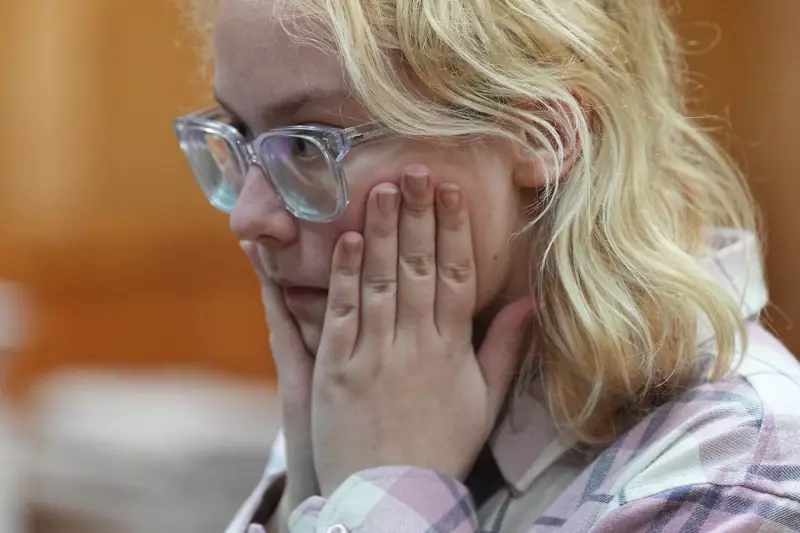
A Russian court has extended the detention of an 18-year-old singer who performed anti-war songs during a street protest in St. Petersburg. Diana Loginova, a member of the Stoptime street band, now faces additional jail time following her initial consecutive 13-day sentences.
Legal Proceedings and Charges
The hearing took place on Tuesday, November 11, 2025 in St. Petersburg, where prosecutors successfully argued for extending Loginova's imprisonment. The young artist had already served two back-to-back 13-day terms for various misdemeanor charges related to her public performances criticizing Russia's military actions.
During the court session, documented by AP photographer Dmitri Lovetsky, Loginova appeared composed despite the serious nature of the proceedings. The case represents one of many recent instances where Russian authorities have targeted cultural figures expressing opposition to government policies.
Broader Context of Dissent in Russia
This ruling occurs amid an ongoing crackdown on free speech and artistic expression in Russia, particularly concerning viewpoints about the conflict in Ukraine. Street performances and public displays of dissent have become increasingly risky for Russian citizens, especially young activists and artists.
The extension of Loginova's detention signals the government's determination to suppress anti-war sentiment, even when expressed through artistic mediums. Legal experts note that such cases often involve charges that technically fall under administrative rather than criminal codes, yet carry significant consequences for those targeted.
International Attention and Implications
Loginova's case has drawn attention from human rights organizations monitoring freedom of expression in Russia. The repeated sentencing of a teenager for musical protest highlights the challenging environment for dissenters in the current political climate.
As Russia continues to enforce strict laws regarding public discourse about military operations, cases like Loginova's demonstrate the personal risks faced by ordinary citizens, particularly youth, who choose to voice opposition through artistic expression.





